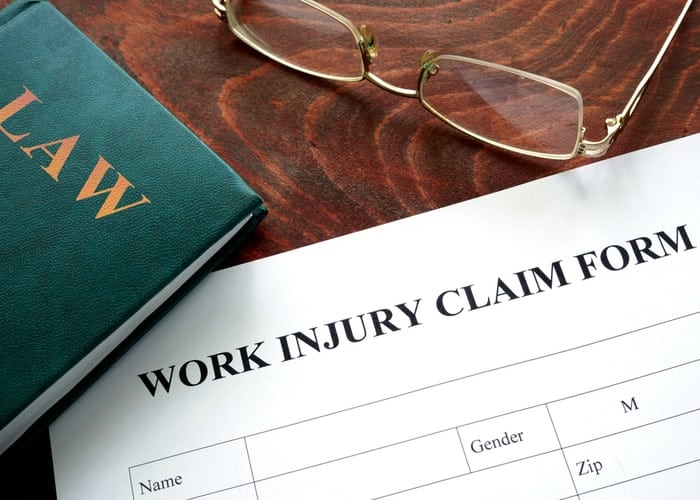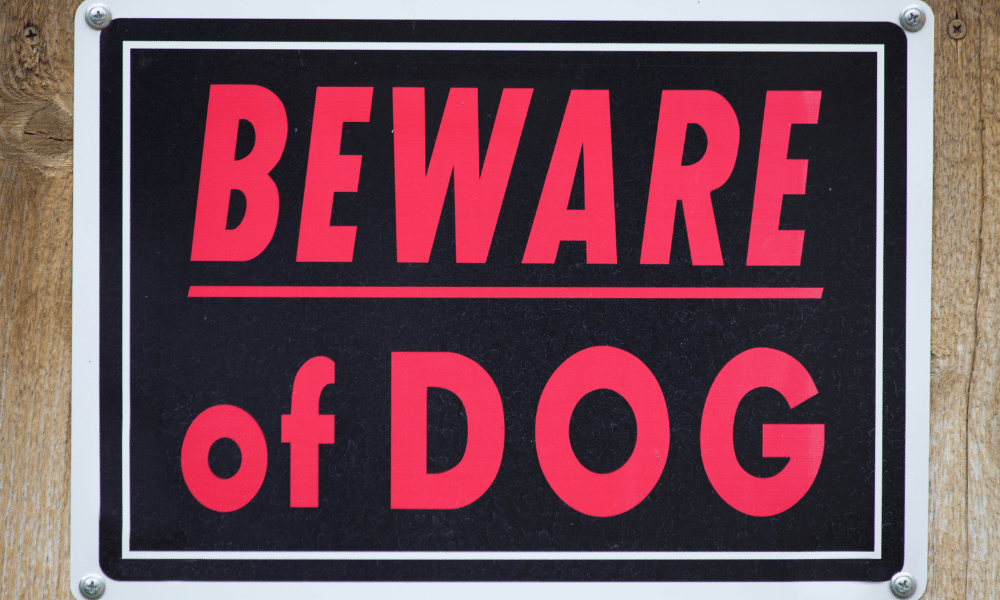How Long Do Workers’ Comp Settlements Take?

The short answer is, it depends. Claims that are not in dispute may be paid as soon as 30 to 60 days of filing, and in fact, where there is no dispute you may be entitled to interest if the payment is delayed beyond 60 days.
If your employer or the insurance company disputes some aspect of your claim, your case may have to be scheduled for trial. This prolongs the process and delays payment.
In New Jersey, every employer is required by law to maintain workers’ compensation insurance for the benefit of their employees. If your employer does not have workers’ compensation, call us immediately.
WE GET OUR CLIENTS’ WORKERS’ COMP CLAIMS PAID
If you are confused about the process, or you feel the workers’ comp claim process is taking too long, or you are getting push-back and resistance from your employer or the insurance company, or if your claim has been denied, contact an experienced workers’ comp attorney for help getting paid.
We offer a free initial consultation and we get paid on a contingency basis – meaning, we don’t get paid if you don’t. Call us at (856) 327-8899 to schedule your free, no-risk consultation.
HOW DOES WORKERS’ COMPENSATION INSURANCE WORK IN NJ?
Your employer must have worker’s compensation insurance to compensate you for lost wages and necessary and reasonable medical expenses if you are injured on the job, as well as compensate you for any disability resulting from that injury.
If you are injured on the job, you must notify your employer right away. A workers’ compensation claim must be filed within two (2) years of the date of the injury.
In New Jersey, if there is a dispute over whether you are entitled to workers’ compensation benefits or the amount you are entitled to, you can file an application for an informal hearing or a petition for a formal hearing.
Using the workers’ comp process means that you give up the right to sue your employer (in most cases – not so if your employer was negligent).
What are Informal Workers’ Comp Claims?
An application for an informal hearing before a workers’ compensation judge may be filed by an employee, employer, or insurance company. During this informal hearing, the judge will review the evidence and make suggestions to the parties. These suggestions are not binding but often result in settlement and avoidance of litigation.
Take note that the scheduling of an informal hearing does not impact the running of the two-year statute of limitations.
What are Formal Workers’ Comp Claims?
Formal workers’ comp claims are filed by petition. The first appearance before the workers’ comp judge usually takes place within six months of filing. Prior to those six months, the attorney for the employee can file motions for medical benefits and temporary payments, which are heard within 30 days of filing.
WHAT YOU CAN EXPECT WHEN YOU FILE A WORKERS COMP CLAIM
1. You will wait 26 weeks after the date of the MMI letter to file a workers’ comp claim.
“MMI” stands for Maximum Medical Improvement and will be your status once you’ve completed treatment and healed to the extent possible.
Prior to receiving an MMI letter, you may be paid medical costs as they occur.
2. When you are released from medical care, you will have a final medical examination.
This examination is necessary to evaluate what percentage of disability you have resulting from your workplace injury, if any.
3. Your attorney will enter settlement negotiations on your behalf.
Generally, workers’ comp settlement amounts depend upon the percentage of disability you have suffered as a result of your workplace injury. There are two types of workers’ comp settlements:
“SECTION 22” WORKERS’ COMP SETTLEMENTS
In New Jersey, most workers’ compensation claims settle under a Section 22 order. Once the percentage of disability resulting from the workplace injury has been determined, you will receive a monetary award. The amount of that award will be determined depending on the information in the current rate chart issued by the NJ Department of Labor.
You can still work, although you may be entitled to reduced or light duties due to your injury. You will receive weekly benefits based on a permanent or temporary injury that impairs your ability to work or your daily life.
Pursuant to a Section 22 settlement order:
- You can reopen your workers’ comp case within two (2) years of receiving your last payment, if you have to modify the order to account for to seek additional medical bills and/or further temporary or permanent disability payments. This allows you to receive workers’ compensation for future medical bills.
- Your employer recognizes that you have a certain specific medical condition.
- If you a reinjured on the job and then suffer the same medical condition, your employer gets a credit for the percentage previously paid for that condition.
“SECTION 20” WORKERS’ COMP SETTLEMENTS
A Section 20 settlement is a lump sum and full and final payment of a workers’ comp claim. These are rarer than Section 22 settlements because there must be a genuine issue in controversy about some aspect of the claim (for example, jurisdiction, dependency, cause of the injury, or employer liability) and the parties wish to settle without adjudicating that issue in controversy.
Here’s what happens under a Section 20 settlement:
- Instead of weekly payments over time, you receive one lump sum in full payment of your claim.
- Your employer does not admit liability.
- The lump-sum payment you receive is not considered a workers’ compensation payment, save for insurance rating purposes.
- You cannot reopen your case in the future.
- You and your employer must agree to the amount and terms of the settlement.
- A workers comp judge must approve the settlement.
4. If settlement is not possible, your worker’s comp case will go to trial.
Do all workers’ comp cases end in a settlement? Most do, and for this reason, most workers comp claims do not go to trial. However, claims that are tried are scheduled on a three-week repeating cycle. For this reason, workers’ comp trials can be spread out over months or even years, during which you are not paid on your claim. Court dates are assigned by the NJ Division of Workers’ Compensation.
5. Your Workers’ Compensation Case Will Close.
If there is no dispute over any aspect of your initial claim, you will receive workers’ compensation benefits from your employer’s insurance company.
If you must go to trial and your attorney was successful thereafter in negotiating a settlement, an order approving that settlement for a percentage of disability under Section 22 or Section 20 will be entered by a workers’ compensation judge.
If you went to trial and were successful in being awarded a percentage of disability, that will be memorialized by the workers’ compensation judge as a final judgment.
If your case is unsuccessful, it may be dismissed with or without prejudice. “With prejudice” means you cannot refile your claim. “Without prejudice” means you are free to re-file. Also, you can appeal an unfavorable decision to the Appellate Division of the Superior Court in NJ.
CONCLUSION
An experienced NJ workers’ comp lawyer can help you get paid sooner, and often a larger amount of benefits. Generally, the amount of workers’ compensation attorney can be paid is 10% of your recovery. Because there is no need to pay a legal fee upfront, don’t feel you have to face the big national insurance companies and their team of lawyers alone. Call us today to schedule your free consultation and let us help you get paid!





